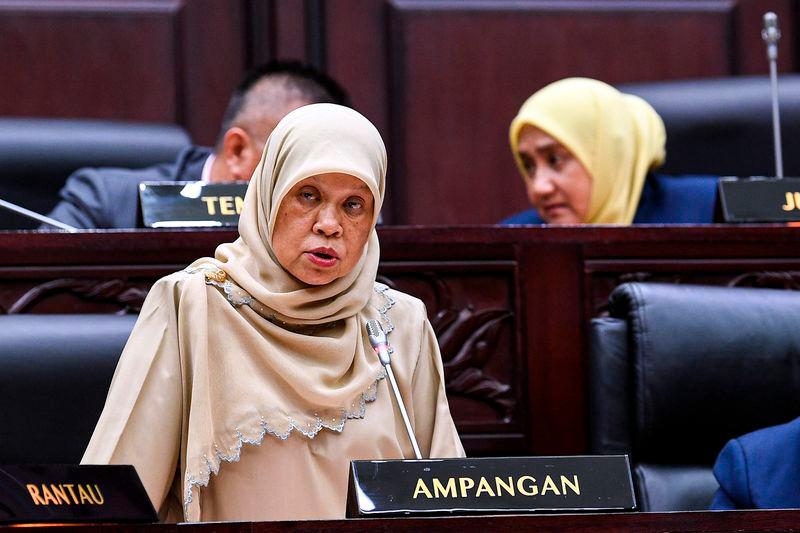SEREMBAN: The leprosy situation affecting the Kampung Orang Asli Chergun and Kampung Orang Asli Guntur in Kuala Pilah is under control, the Negeri Sembilan State Legislative Assembly sitting was told today.
State Health, Unity, Information, National Integration and NGO Action Committee chairman, Datuk Tengku Zamrah Tengku Sulaiman, said the Ministry of Health and the Negeri Sembilan Health Department (JKNNS) are committed to enhancing leprosy screening efforts through the training, detect, analysis, treat and refer (LaKAR) programme in Orang Asli settlements across the state.
According to her, the programme was implemented in nine locations across the state last year, including five Orang Asli villages.
“Through this programme, leprosy screening is conducted in institutions, villages, and workplaces. The Orang Asli Development Department (JAKOA) continues to collaborate with JKNNS and district health offices (PKD) to curb the spread of the disease,” she said.
“Currently, the district health office has conducted screenings for villagers, and follow-up treatment for leprosy patients is ongoing. The situation in the villages remains under control,” she said during the State Legislative Assembly sitting today.
She said this in her reply to an oral question from Puan Sri Bibi Sharizah (BN-Juaseh) regarding the state government’s efforts to eradicate leprosy, particularly among the Orang Asli community and residents of nearby villages.
Tengku Zamrah (PH-Ampangan) added that her committee is also working to raise awareness of leprosy among school students through health talks conducted in collaboration with the State Education Department.
“These screening and health check-up activities are also conducted regularly for preschoolers and students from Year One to Year Six in all government schools. As of last year, no leprosy infections have been detected among school students,” she said.
She added that the committee will continue to monitor all former leprosy patients for a period of five to 10 years after completing treatment.
“This includes screening all identified close contacts, who will receive a single dose of prophylaxis antibiotic treatment and be monitored for up to five years,” she said.









